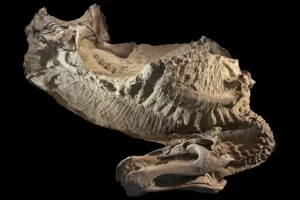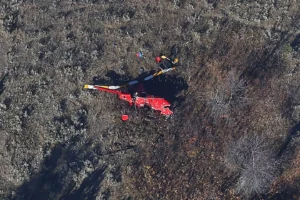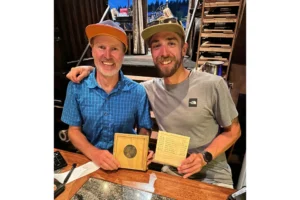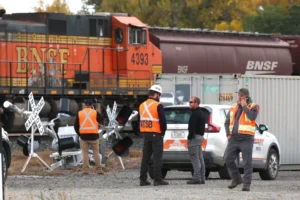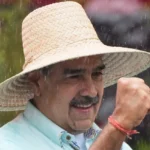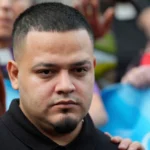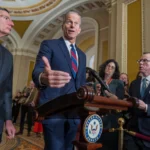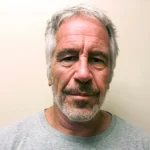The Abortion Fight in Wyoming
Founder of a new abortion clinic in Casper explores options
- Published In: Other News & Features
- Last Updated: Jul 15, 2022
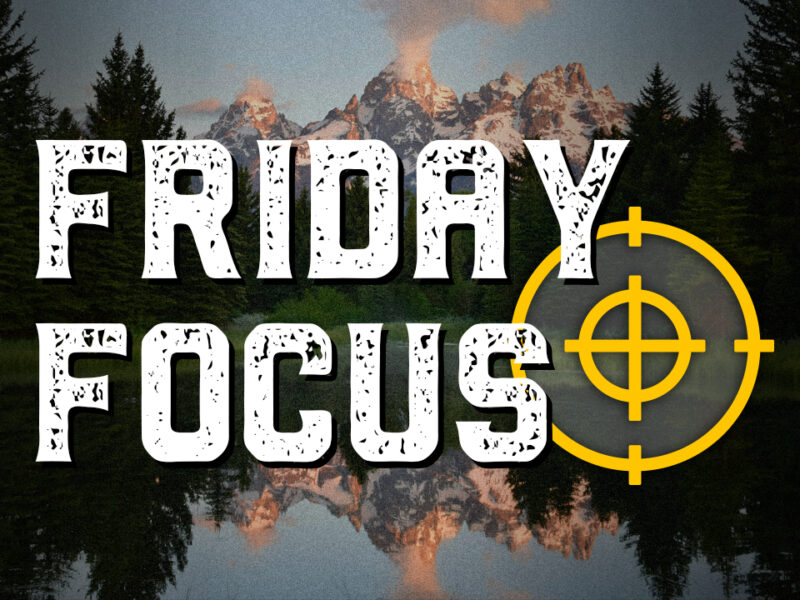
y Jennifer Kocher
Special to the Wyoming Truth
Julie Burkhart wasn’t surprised the morning of June 24 when the Supreme Court overturned Roe v. Wade, making abortion a state-level decision for the first time in nearly half a century. The pro-choice activist and founder of the Trust Women Foundation has been on the frontlines of the reproductive rights movement for more than 30 years, and she had been preparing for this moment since the court’s draft decision was leaked in May.
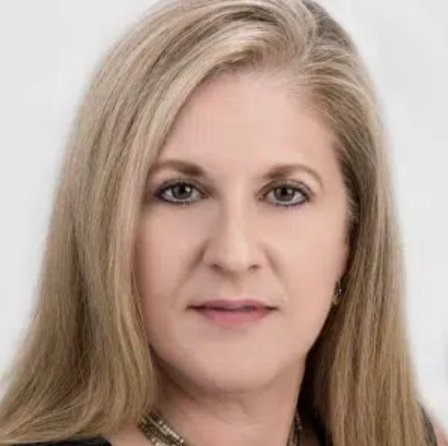
Burkhart is in the process of opening Wellspring Health Access, formerly Circle of Hope Health Care Services, in Casper. The abortion clinic, which will be the second in Wyoming and first to provide surgical abortions, has faced setbacks. In late May, a still-at-large arsonist set fire to the building, causing significant damage and postponing its proposed June opening by at least six months.
Now, it’s unclear whether the clinic will open at all. With the overturning of Roe, Wyoming became one of 13 states to enact “trigger ban” laws that, if certified by Gov. Mark Gordon, will outlaw abortion except in cases involving rape, incest or if a mother’s health is in danger.
The clinic’s future depends on whether Burkhart or another abortion rights organization will file a lawsuit challenging the enforcement of state trigger ban laws as Utah, Idaho and a handful of other states have already done. An abortion at any stage of pregnancy is still legal in Colorado, which enacted a statutory protection for abortion as a fundamental right.
Burkhart, however, remains undeterred. For her, it’s another fight for reproductive rights—a battle she first waged at the Wichita Women’s Center, and later while serving as the spokesperson for Dr. George Tiller, a Kansas abortion provider who was murdered at his church in 2009 by an anti-abortion extremist. After his death, Burkhart helped lead the effort to reopen his clinic before going on to establish clinics in Kansas, Oklahoma and Illinois.
Burkhart holds undergraduate and graduate degrees in political science from Seattle Pacific University and Wichita State University, respectively. She has managed political campaigns in Washington state and worked for the Washington Democratic Senate Campaign Committee.
Why does Burkhart continue a seemingly uphill battle in a conservative-leaning state? The Wyoming Truth caught up with Burkhart to find out what propels her mission and what’s next for Wellspring Health Access.
How did you get involved with the reproductive rights movement?
Burkhart: I started my career in this field in 1988, and in 2001. I began working closely with Dr. George Tiller. …Despite all the threats, harassment and violence he faced throughout his career, Dr. Tiller never backed down from hisbelief that women and all people should be able to make decisions about their own bodies without government interference, shame or stigma. Throughout all my work, I try my hardest to uphold Dr. Tiller’s legacy and keep up the fight to protect abortion access for as many people as possible, especially in places where access is most threatened.
Why did you choose Wyoming for the location of your fourth clinic?
Burkhart: When we originally formed Wellspring Health Access [which was incorporated in Washington, D.C.], we were contacted by a group of Wyoming leaders and activists who had identified a need for a reproductive health care clinic in eastern Wyoming that would provide abortion care.
Wyoming has only one abortion provider right now, located in Jackson, . . . and that provider only offers medication abortion up to 10 weeks of pregnancy and not procedural abortion. Currently, 96% of Wyoming women live in a countywithout an abortion clinic. This means abortion is often out of reach for many women across the state, including people living in rural areas, members of Native tribes and those with low incomes.
Our new clinic, which would offer both medication and procedural abortion along with a wide range of other reproductivehealth care services, would help address the severe lack of access that these communities currently face.
During a press conference following the Supreme Court decision, you stated that you believe Article 1, Section 38, in the Wyoming Constitution defending “bodily autonomy” provides firm ground on which to wage a legal defense against the “trigger ban.” Will you fight this in the courts?
Burkhart: We are exploring all possible avenues and will fight tooth and nail to protect access to reproductive health care for the people of Wyoming. We’re still working closely with our legal team to determine our best course of action, in partbased on when and how the trigger law is certified and implemented.
What are you hearing from pro-choice legislators and supporters throughout the state?
Burkhart: We’ve been very pleased with the continued support from the community in Casper and throughout the state. Despite all the setbacks and challenges, many people in Wyoming recognize the crucial need for access to reproductivehealth care, including abortion care, and we’re confident we’ll continue to receive that support…
How would an abortion ban in Wyoming impact the state?
Burkhart: Ultimately, if abortion is banned in Wyoming, it means that people in state who need abortion care will either have to leave the state to access this essential health care or be forced to carry an unwanted pregnancy to term. Many people, particularly low-income individuals, people in rural communities, and members of Native tribes, will struggle toafford the expenses associated with traveling for abortion care, such as transportation, childcare and time off work.
Abortion funds like Chelsea’s Fund, [a Lander-based nonprofit agency that provides financial assistance to those who would otherwise not be able to afford an abortion], are doing important work to help many of these individuals access the care they need, but there’s no true substitute for having accessible, affordable abortion care in Wyoming.
A recent survey by the Pew Research Center found that 61% of Americans feel that abortion should be legal in all or most cases, while 37% say it should be illegal in all or most cases. Do you see an opportunity for both sides tocome to agreement?
Burkhart: Any conversation about reproductive health care should start from the premise that people should be able tomake crucial decisions about their own bodies and reproductive lives without harmful barriers or restrictions. The vast majority of Americans share this view, even if those views aren’t always reflected in the policies that get enacted. My focus is on trying to make accessible abortion care a reality for as many people as possible.



